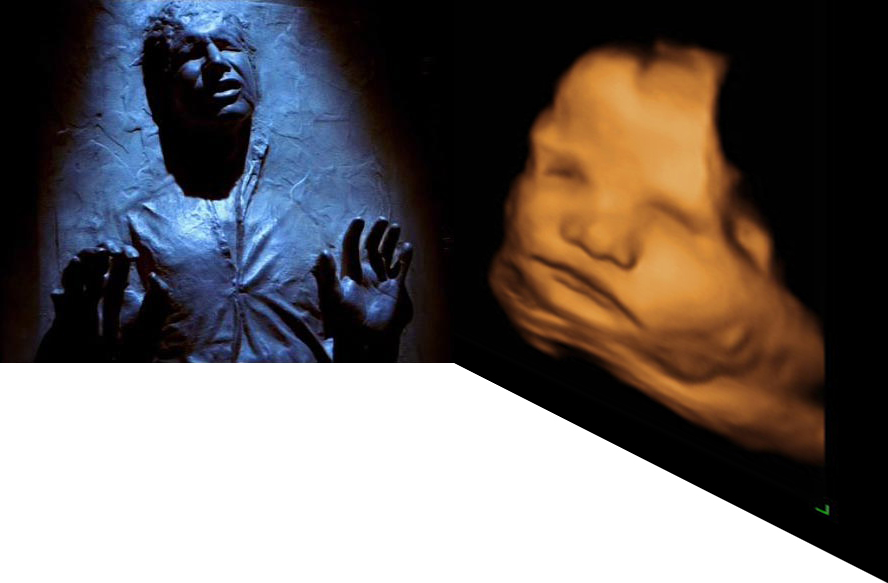Power Quote
I don’t know why we call it writing when it is clearly a matter of selecting
A book has neither object nor subject; it is made of variously formed matters, and very different dates and speeds. To attribute the book to a subject is to overlook this working of matters, and the exteriority of their relations. It is to fabricate a beneficent God to explain geological movements. In a book, as in all things, there are lines of articulation or segmentarity, strata and territories; but also lines of flight, movements of deterritorialization and destratification. Comparative rates of flow on these lines produce phenomena of relative slowness and viscosity, or, on the contrary, of acceleration and rupture. All this, lines and measurable speeds, constitutes an assemblage. A book is an assemblage of this kind, and as such is unattributable. It is a multiplicity—but we don’t know yet what the multiple entails when it is no longer attributed, that is, after it has been elevated to the status of a substantive. One side of a machinic assemblage faces the strata, which doubtless make it a kind of organism, or signifying totality, or determination attributable to a subject; it also has a side facing a body without organs, which is continually dismantling the organism, causing asignfying particles or pure intensities to pass or circulate, and attributing to itself subjects that it leaves with nothing more than a name as the trace of an intensity. What is the body without organs of a book? There are several, depending on the nature of the lines considered, their particular grade or density, and the possibility of their converging on a “plane of consistency” assuring their selection. Here, as elsewhere, the units of measure are what is essential: quantify writing. There is no difference between what a book talks about and how it is made. Therefore a book also has no object. As an assemblage, a book has only itself, in connection with other assemblages and in relation to other bodies without organs. We will never ask what the book means, as signified or signifier; we will not look for anything to understand in it. We will ask what it functions with, in connection with what other things it does or does not transmit intensities, in which other multiplicities its own are inserted and metamorphosed, and with what bodies without organs it makes its own converge. A book exists only through the outside and on the outside. A book itself is a little machine; what is the relation (also measurable) of this literary machine to a war machine, love machine, revolutionary machine, etc.—and an abstract machine that sweeps them along? We have been criticized for overquoting literary authors. But when one writes, the only question is which other machine the literary machine can be plugged into, must be plugged into in order to work. Kleist and a mad war machine, Kafka and a most extraordinary bureacratic machine … (What if one became animal or plant through literature, which certainly does not mean literarily? Is it not first through the voice that one becomes animal?) Literature is an assemblage. It has nothing to do with ideology. There is no ideology and never has been.
— The second paragraph of A Thousand Plateaus
Tags: babies, deleuze & guattari, i wrote this title & made that image a week before i read those words


cool
– all by way of saying ‘process without substance or content’–that is, by way of elaborating Nietzschean becoming.
What’s the difference between a body without organs connected to another body without organs and a body without organs referring to another body without organs? Or between an assemblage of assemblages and an assemblage of bodies that are organs of that assemblage’s body?
(“Assemblage” and “machine” are ‘bodies with organs’, in the sense that they have parts.)
Awareness of, say, particles or intensities, of passage and circulation: that awareness is sensitivity to–not excluding construction of–meaning. It is to understand… a little. What’s gained by denying that one will talk about “meaning”? What’s gained by asserting that one reads without “understanding”?
Paradoxes are fun: clever, pleasurable. What do Dolceuze & Guabbana’s paradoxes do?
Nothing if one lacks the appropriate paradox machine.
Given I’ve never been to engineering school, nor given mechanical engineering a proper layman’s study, nor worked in the engineering fields, nor ever conducted any experiments in engineering which have been found to be noteworthy by the engineering elites, I realize I’m being a little precocious (if not presumptuous) in saying: I’m pretty sure machines are objects.
they make me feel warm & fuzzy inside
PUPPY RHIZOME